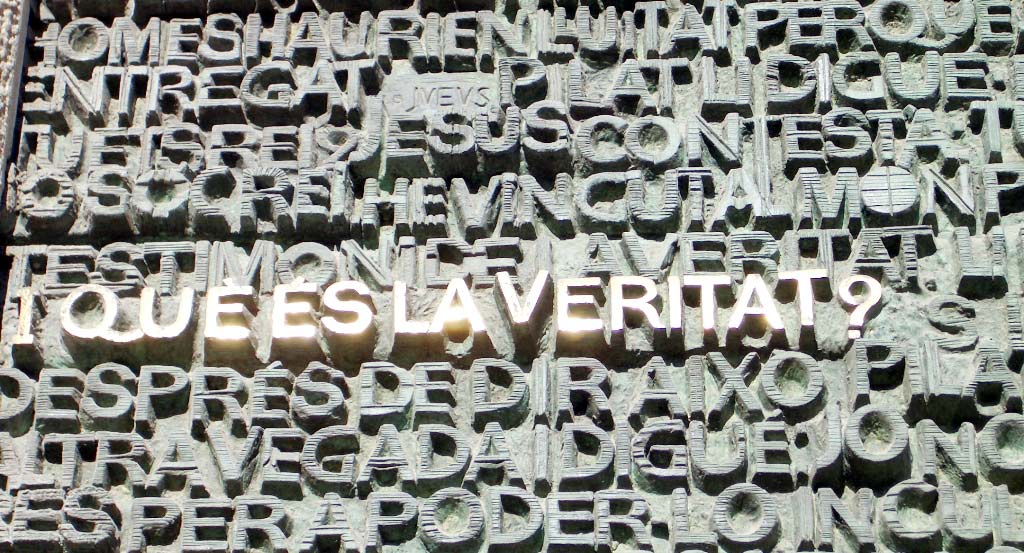The Importance of Overcoming the Backfire Effect in Achieving Change
Have you ever found yourself stuck in low gear, refusing to accept a new idea or piece of information? The backfire effect often plays a role in this reluctance. By overcoming the backfire effect, we can create a more open-minded environment that fosters growth and change.
Whether it is fact or fiction, if it reinforces our beliefs, we strengthen our views, digging our heels in further. If it doesn’t, we dismiss it outright, like a filter protecting us from noxious air. This psychological reaction is often called the backfire effect. Overcoming the backfire effect becomes even more critical when the new information challenges our emotional or long-held beliefs, making it harder to accept and adapt. For a depth reading with examples on WMDs, Stem Cell Research, and Climate Change, see this document.
Reluctant to Change
No matter the issue, whether politics, environment, economic, or social justice and whether it is far away or something local, we are often stuck in low gear when it come to acceptance of new truths. And, it seems that we are reluctant to shift.
But, shift is what we must do. Recognize that change for change sake is not good. The logical fallacy of Appeal to Novelty (that which is NEW! is better) is as deeply flawed as its cousin, Appeal to Tradition (that’s the way we’ve always done it so it’s the best).
Progress Requires Change
Whether you are a champion of change or the status quo you must accept progress inherently requires change. But, how do you react when change is afoot? Jeffrey Moore documented well in his 1991 book, “Crossing the Chasm” that each of us self segments on an axis of risk aversion. It is a classic technology marketing read. Before him, Everett Rogers discussed the same concept in his 1962 book, Diffusion of Innovation. This line of thinking is where we get the widely used terms, “early adopter,” “laggard,” etc. This is easy to think of in terms of technology adoption.
Impossipreneurs Face Multiple Barriers
But, technology isn’t the only hurdle we face as change agents, entrepreneurs, and as a society. As I outline in my latest book, L’ impossipreneurs: A Hopeful Journey Through Tomorrow, once an entrepreneur overcomes technology hurdles, they must still face head-on, the political, social, and culture opponents who oppose their success and who would rather see things stay exactly as they are. This is true whether the agent of the new, was Nikola Tesla, Helen Keller, Franklin Delano Roosevelt or is the entrepreneur of today, especially the social entrepreneur. Welcome to the term, impossipreneur.
Backfire Effect Near and Far
The backfire effect is part and parcel to the opposition faced by the bringers of the new and those who dare surface the truth. If you have a tough time grasping this concept, envision trying to ensure voting rights and fair elections, an inherently nontechnical challenge rife with political opposition. Or, think of the social and cultural barriers you’ll face in introducing safe medical and burial practices to villages grappling with the Ebola virus. The backfire effect is alive and well, near and far.
Competing Narratives
Each of us has a visceral reaction to the headlines we scan and soundbites we hear. Some anger us and some make us feel sad. Fewer by design make us happy and still fewer cause us to think deeply. Consider your reaction to what you are hearing and seeing today. What narrative are you tuning into? Are you tuned into a narrative that desires to keep things as they are or one that seeks progress? See related post about the history of regimenting minds – Mind Hajacked: A Brief History of Propaganda.
Truth Doesn’t Care About Feelings
Consider at certain points in history, it was deemed that the sun revolved around the earth and that the world was flat. New ideas and models challenged those “truths” of the moment. Do you think you would have supported these novel ideas and gone against the tide of the times? The funny thing about the truth is that it doesn’t care about your beliefs or feelings. Newton’s Universal Law of Gravitation applies to you even if you choose not to believe in it. Truth has a funny way of surfacing even as others attempt to suppress it.
Reaching Our Potential
Whether we champion the new or hold onto the status quo we should do so on merits of truth, not because it’s new, tradition, or fits our current views. Resist the soothing temptation of the backfire effect. Find solace in the truth and upgrade your thinking. Imagine the possibilities when, as a society, we are able to overcome the backfire effect. Think of the authentic dialogue and meaningful connections that would ensue. It’s at that time that we will free ourselves to live in to a higher potential. I hear the gears a whirring; perhaps it’s time we shift.
about the author
Gregory Olson’s latest book is L’ impossi preneurs: A Hopeful Journey Through Tomorrow, a light-hearted and deadly serious book about a brighter future where we live more meaningful lives, governments invest in people and sustainable progress, and technology serves humans. Greg also authored The Experience Design Blueprint, a book about designing better experiences and then making them come true.
 Gregory Olson founded communications strategy and design firm Delightability, LLC. with the belief that if you delight customers then success will follow. He believes that we all have the potential to do better, as individuals, organizations, and communities, but sometimes we need a little help. Gregory also serves as a volunteer board member for Oikocredit Northwest, a support association for social and impact investor, Oikocredit International.
Gregory Olson founded communications strategy and design firm Delightability, LLC. with the belief that if you delight customers then success will follow. He believes that we all have the potential to do better, as individuals, organizations, and communities, but sometimes we need a little help. Gregory also serves as a volunteer board member for Oikocredit Northwest, a support association for social and impact investor, Oikocredit International.



